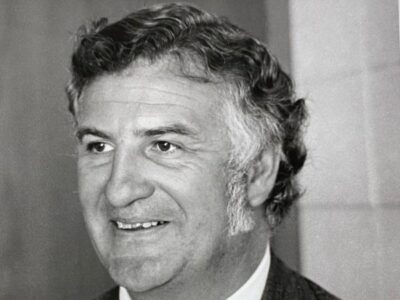A large retrospective study conducted by physician researchers from Roswell Park Comprehensive Cancer Center shows benefits of chemotherapy for many patients with early-stage breast cancer with rare variant histology, or tumor anatomy. These findings were presented by first author Arya Mariam Roy during the American Association for Cancer Research annual meeting.
Ericka BennettEricka BennettAnthony PutreloEricka Bennett, Petrina Hill-Cheatom, Anthony Putrelo were appointed to executive roles at Roswell Park Comprehensive Cancer Center overseeing key aspects of research, education, and facilities management.
Roswell Park has opened the Marie E. Bogner Center for Nursing Excellence. The 5,126 square-foot space houses smart classrooms, flexible skills learning areas, and a lactation room.
Researchers from Roswell Park Comprehensive Cancer Center and Gero and Genome Protection Inc., recently published new work in Nature Communications in which the artificial neural network applied by the research team precisely projected the health condition of an aging mouse with the help of a single variable, which was termed dynamic frailty indicator (dFI) that accurately characterizes the damage that an animal accumulates throughout life.
A collaborative effort between investigators at Roswell Park Comprehensive Cancer Center and the Center for Molecular Immunology in Havana, Cuba, has revealed a new strategy for correcting immune dysfunction in cancer patients.
Erik Knudsen was named associate director of basic science research at Roswell Park Comprehensive Cancer Center. Knudsen will also continue as chair of Molecular and Cellular Biology.
With the aid of a cane, Dr. Lucius Sinks moved briskly through the dining room at the Boar’s Head Inn in Charlottesville, VA. At the time, he was well into his ’80s. But he remained a formidable presence, with thick white hair, dark eyes, and a wry smile.
Last week pediatric oncology lost another pioneer in the field, Lucius Sinks. He was 91.
Researchers at Roswell Park Comprehensive Cancer Center found that mitochondrial unfolded protein response—a unique longevity function of mitochondria—could be a target for the treatment and management of metastatic, resistant, or recurrent prostate cancer.
Researchers from Roswell Park Comprehensive Cancer Center uncovered a previously unknown function of a gene that regulates the p53 protein, mutations of which have been linked to a wide variety of cancers.







